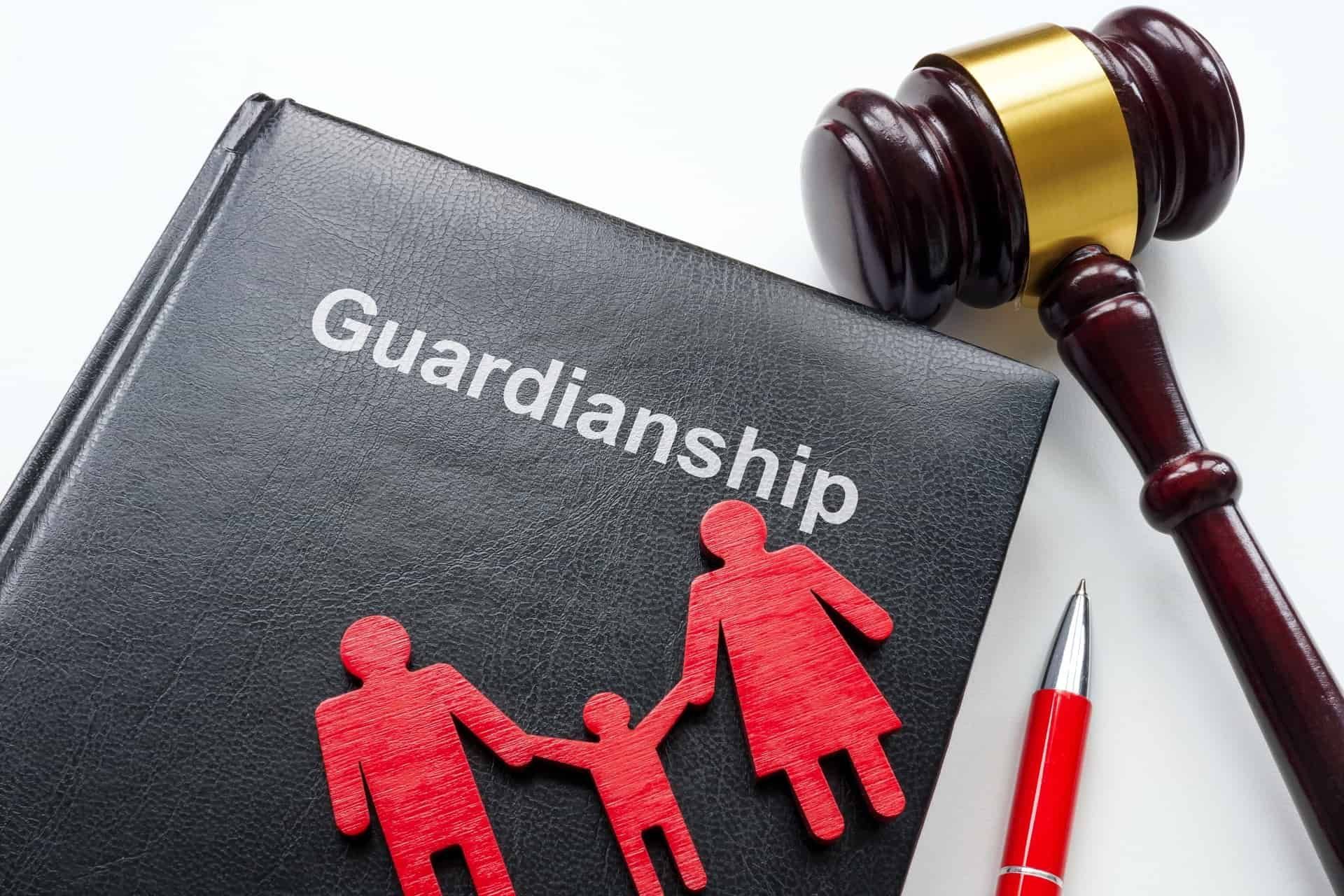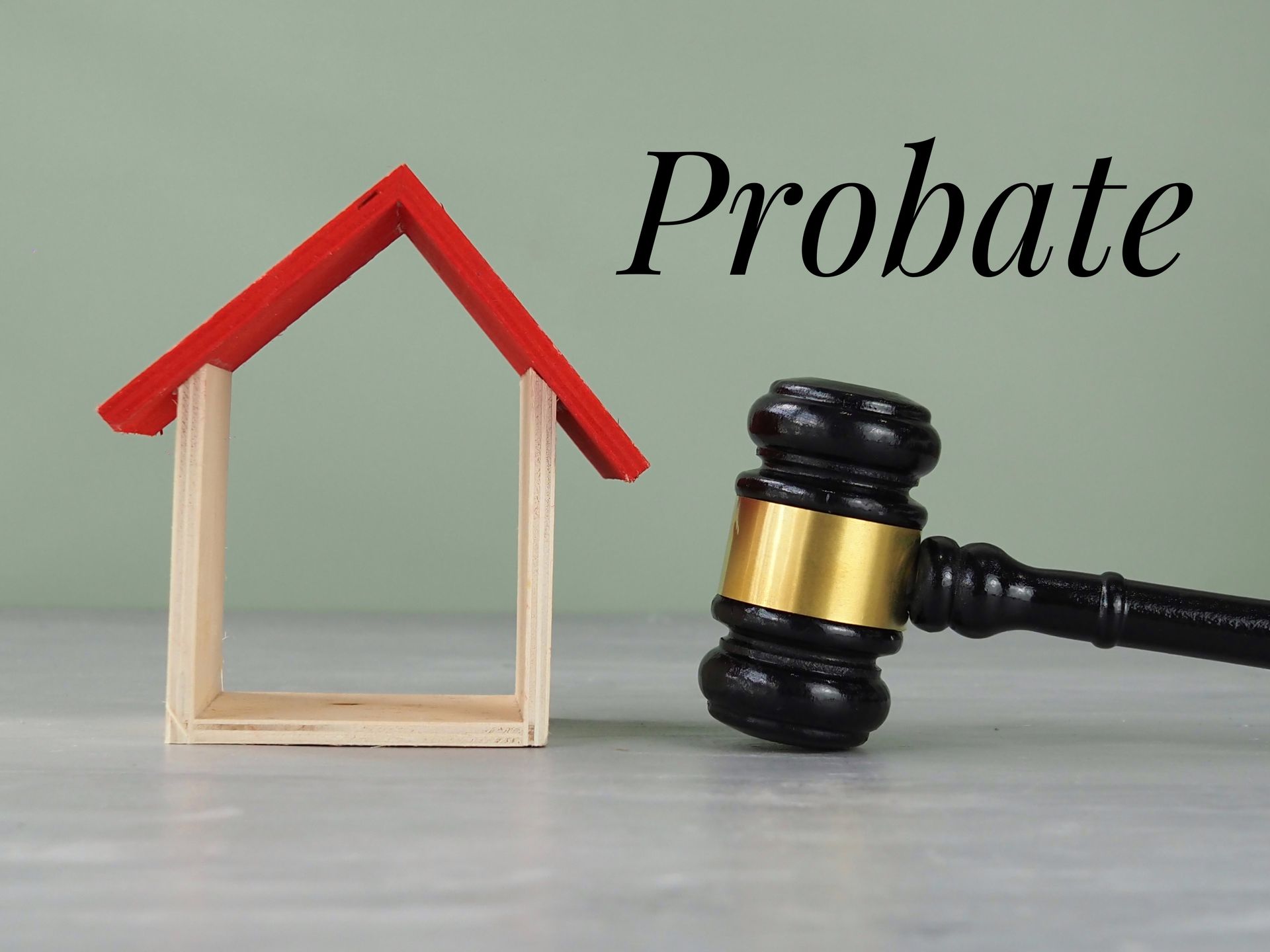Estate Planning vs Will: Ultimate Estate Planning Tools
When it comes to preparing for the future, many people think about writing a Will. While Wills are important, they are only one part of a bigger process called Estate Planning. Understanding the differences between a Will and Estate Planning can help you make smart choices to protect your family and your property.
In this article, we’ll explain what a Will is, what Estate Planning means, and how they are different. We’ll also share why both can be important and how they work together.
What Is a Will?
AWill is a legal document that tells people what you want to happen after you die. It can include things like:
- Who should get your money and property
- Who should take care of your children if they are still young
- Who should carry out your wishes (this person is called theexecutor)
A Will is usually simple and easy to create. You can write it with a lawyer, online, or even by hand in some states (though this is not recommended).
A Will only takes effect after you die. Until then, it doesn’t have any power. This means it won’t help if you become sick or unable to make decisions.
What Is Estate Planning?
Estate Planning is a bigger process. A Will is just one part of it. Estate Planning includes all the steps you take to manage your money, property, and personal care—both while you’re alive and after you die.
Some important parts of Estate Planning are:
- Will – A basic part of most estate plans.
- Trusts – These can hold your money or property and help avoid probate.
- Power of Attorney – Lets someone make decisions for you if you’re unable to.
- Healthcare Directive – Says what kind of medical care you want if you can’t speak for yourself.
- Guardianship Plans – For children or dependents who need care.
Estate Planning gives you more control and helps make sure your wishes are followed, not just when you die, but also if you become seriously ill or injured.
Estate Planning vs Will: The Main Differences
Now that you know what a Will is and what Estate Planning includes, let’s look at how they are different.
1. Timing
- Will: Only takes effect after death.
- Estate Planning: Can take effect while you're alive and continues after death.
2. Purpose
- Will: Mainly focuses on who gets your stuff and who takes care of your kids.
- Estate Planning: Covers your financial, legal, and medical wishes during life and after death.
3. Tools Involved
- Will: Just one document.
- Estate Planning: Includes many tools like trusts, powers of attorney, and health care directives.
4. Probate
- Will: Usually goes through probate, a court process that can take time and cost money.
- Estate Planning: Can avoid probate by usingtrustsand other tools.
5. Privacy
- Will: Becomes public in probate court.
- Estate Planning: Trusts and other documents can stay private.
Do You Need Both?
In many cases, yes! A Will is an important part of your Estate Planning, but it shouldn’t be the only part. Here’s why:
- A Will does not help if you become sick or unable to manage your life.
- A Will does not help avoid probate.
- A Will may not protect your assets from taxes or other costs.
Estate Planning fills in the gaps. It helps your family avoid stress and legal problems. It also gives you more power over your own future.
When Should You Start Estate Planning?
You don’t have to be old or rich to start Estate Planning. Life can be unpredictable, so it’s smart to plan ahead. You should think about Estate Planning if:
- You own a home or property
- You have children or dependents
- You have money in the bank, retirement funds, or investments
- You want to make sure someone can help you if you get sick
- You care about who gets your things when you pass away
Even young adults should consider a basic plan, especially if they have children or savings.
What Happens Without a Will or Estate Plan?
If you die without a Will or Estate Plan, the court decides what happens to your things and who takes care of your children. This is called dying intestate. The court will follow state laws, which might not match your wishes.
Without a plan:
- Your family might argue over what to do
- Your loved ones may face long and costly court cases
- Your children might not end up with the person you would choose
That’s why it’s important to take control with a Will and a full Estate Plan.
Trusts vs. Wills in Estate Planning
One key part of many Estate Plans is a Trust. A trust is a legal tool that lets you move your money or property into a special account. You pick a person, called a trustee, to manage it for the people you choose (your beneficiaries).
Here’s how trusts compare to Wills:
| Feature | Will | Trust |
|---|---|---|
| Goes through probate | Yes | No |
| Becomes public | Yes | No |
| Helps during your life | No | Yes |
| More control | Limited | A lot |
| Flexible | Not very | Very flexible |
A Trust is not always needed, but it can be helpful if you have a lot of property, own a business, or want to keep your affairs private.
Updating Your Plan
Estate Planning is not something you do once and forget. Life changes, and your plan should too. Review and update your plan when:
- You get married or divorced
- You have a child
- Someone in your plan dies
- You move to a new state
- Your finances change
Keeping your Will and Estate Plan updated makes sure everything stays correct and legal.
Talk to a Professional
While there are online tools to help create Wills and Estate Plans, it’s often best to speak with an experienced lawyer. A lawyer can:
- Make sure your documents follow state laws
- Help you decide between a Will and a Trust
- Customize your plan to fit your family and finances
- Avoid common mistakes that can lead to problems later
Estate Planning is a gift you give your family. It saves them time, money, and stress during hard times.
Final Thoughts
Understanding the key differences between Estate Planning vs Will is important for protecting your loved ones and your future. A Will is a simple and necessary part of the process, but it’s not enough on its own. Estate Planning gives you a full set of tools to manage your life and legacy—both now and later.
Don’t wait to plan ahead. Whether you’re just starting or need to update an old plan, taking action today can make a big difference tomorrow.
Contact Doane & Doane today to get expert help with your Estate Planning and Will needs.
Disclaimer: The information on this website and blog is for general informational purposes only and is not professional advice. We make no guarantees of accuracy or completeness. We disclaim all liability for errors, omissions, or reliance on this content. Always consult a qualified professional for specific guidance.
RECENT POSTS






